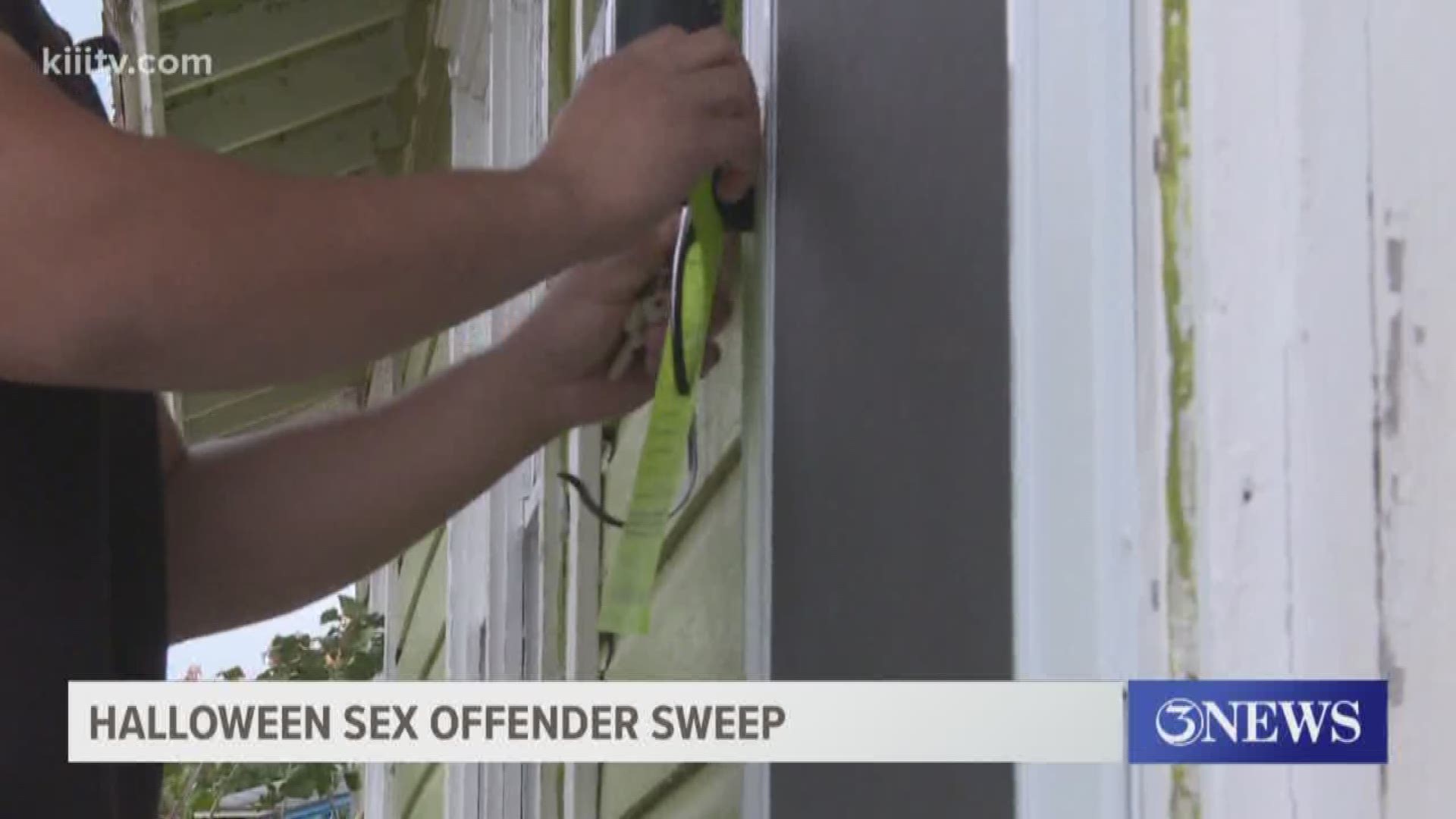ATLANTA — Georgia officials worry a Supreme Court ruling could allow sexual predators to reoffend under the radar.
Department of Community Supervision officials and lawmakers expressed their concerns Wednesday about the ruling which said GPS tracking of sexual predators after they’ve completed their supervision is unconstitutional, forcing lawmakers to rethink monitoring of high-risk sexual predators.
Sen. Greg Kirk, R-Americus, sponsored a Senate resolution last session to convene a study committee to examine how Georgia laws could satisfy the court ruling but also keep communities safe from dangerous sexual predators who are likely to reoffend.
“I want to send a message that if you’re a sexual predator Georgia is not the place you want to be. You don’t want to live here, you don’t want to come here, you certainly don’t want get caught here, we don’t want you in our state and messing with our children,” Kirk said during the committee meeting. “Children are vulnerable and we need to do everything we can to protect them at all times and all costs. There’s certain lines in life that when you cross, you don’t get a redo, there’s certain things you just don’t get a redo on and that’s one of them in my opinion.”
The Park vs. Georgia 2019 Supreme Court case ruled that a lifetime of electronic monitoring was a form of “unreasonable lifelong parentless search” and unconstitutional. Officials from the Georgia Department of Community Supervision, Bureau of Investigation and the state’s Sex Offender Registration Review Board testified that even low charges of child pornography can lead to more extreme “hands-on” offenses and those deemed “sexually dangerous predators” are at high risk of reoffending.
The Department of Community Supervision is actively supervising 7,536 sex offenders and 224 sexually dangerous predators — those deemed by the review board as the worst offenders. After the Supreme Court ruling, 412 sexually dangerous predators were removed from GPS monitoring.
Before the ruling, GPS monitoring duties of sexually dangerous predators would transfer from the department of supervision to local law enforcement — that system is no more.
“At this point when they’re discharged we remove the equipment and they are no longer required for monitoring,” James Bergman, deputy director of field operations for the department of supervision, said.
GPS monitoring costs $3.09 per day per offender — which is billed to the individual on supervision. Monitoring costs for sexually dangerous predators is billed to the department of supervision with reasoning that the offenders should cover more important costs such as rehabilitation programs.
An expected increase in GPS monitoring by the department of supervision cites rising populations of sexual predators in the state’s corrections facilities. Over the past eight fiscal years, including current fiscal year 2020, the department has seen an average increase of 183 sex offenders each year, according to Rob Thrower, who heads legislative affairs for the department.
Tracy Alvord, executive director, of the state’s Sex Offender Registration Review Board said that they have had multiple cases where a predator was caught reoffending with the help of GPS monitor — which would not be the case when monitors are removed upon completion of supervision.
“If we’ve identified them as predators, they’re very very bad,” Alvord said, “in reference to their offenses and risk of reoffending.”
Officials from the Georgia Bureau of Investigation noted concern of even lower-level offenses leading to more aggressive “hands-on” offenses.
“There’s definitely crossover from guys who are just looking at child pornography and distributing it and hands-on offenses,” Elizabeth Bigham, special agent in the child exploitation and pornography unit, told the committee.
Criminal defense lawyers who represented Joseph Park in the Supreme Court decision that is forcing change in Georgia also testified in front of lawmakers. The “quick fix” of sentencing all sexual offenders to life sentences — which would circumvent the ruling with lifelong probation and therefore lifelong GPS monitoring — lawyers said would clog the supervision system.
“One of the concerns that we have is that you take all of the offenses that are considered sexually dangerous offenses — people who make sexual predators, the 19-year-old kid who sleeps with his 15-year-old girlfriend, he’s a senior, she’s a sophomore, a second pat on the tush,” Jason Sheffield, a defense lawyer who represented Park, said, “that you take those and you say OK the resolution here is life sentences for all sexual offenses and you’re going to throw your net out there to catch sharks and you’re just going to catch dolphins.”
Kirk agreed that lifelong probation was not the answer but it might be possible to integrate GPS monitoring and probation terms into a judge’s sentencing process.
At the end of the meeting, Brendan Spaar, a convicted sexual offender currently under supervision, testified to make the case for “rehabilitation over retribution.”
Spaar was convicted of a non-contact sexual offense in Forsyth five years ago. While his sentence did not include prison time, he is on 10 years of supervision and had his name added to the state’s sex offender registry list.
Spaar had job offers rescinded and couldn’t find employment with his conviction status. Since, he said he has turned his life around, serving on Greater Gwinnett Reentry Alliance, participating in prison fellowship ministries and owning his own consulting company.
“Once my 10 years of supervision is completed, I plan to vote in the 2024 election because my voting rights will be restored once I’m off supervision. I also have a path to be removed from the registry,” Spaar told lawmakers. “This path to restoration is not going to be possible if I have a lifetime of supervision. I won’t be allowed to vote and I will be forever on the registry…We must consider rehabilitation over retribution. I sit here today as proof that rehabilitation and redemption is possible for those convicted of sexual offenses.”
















